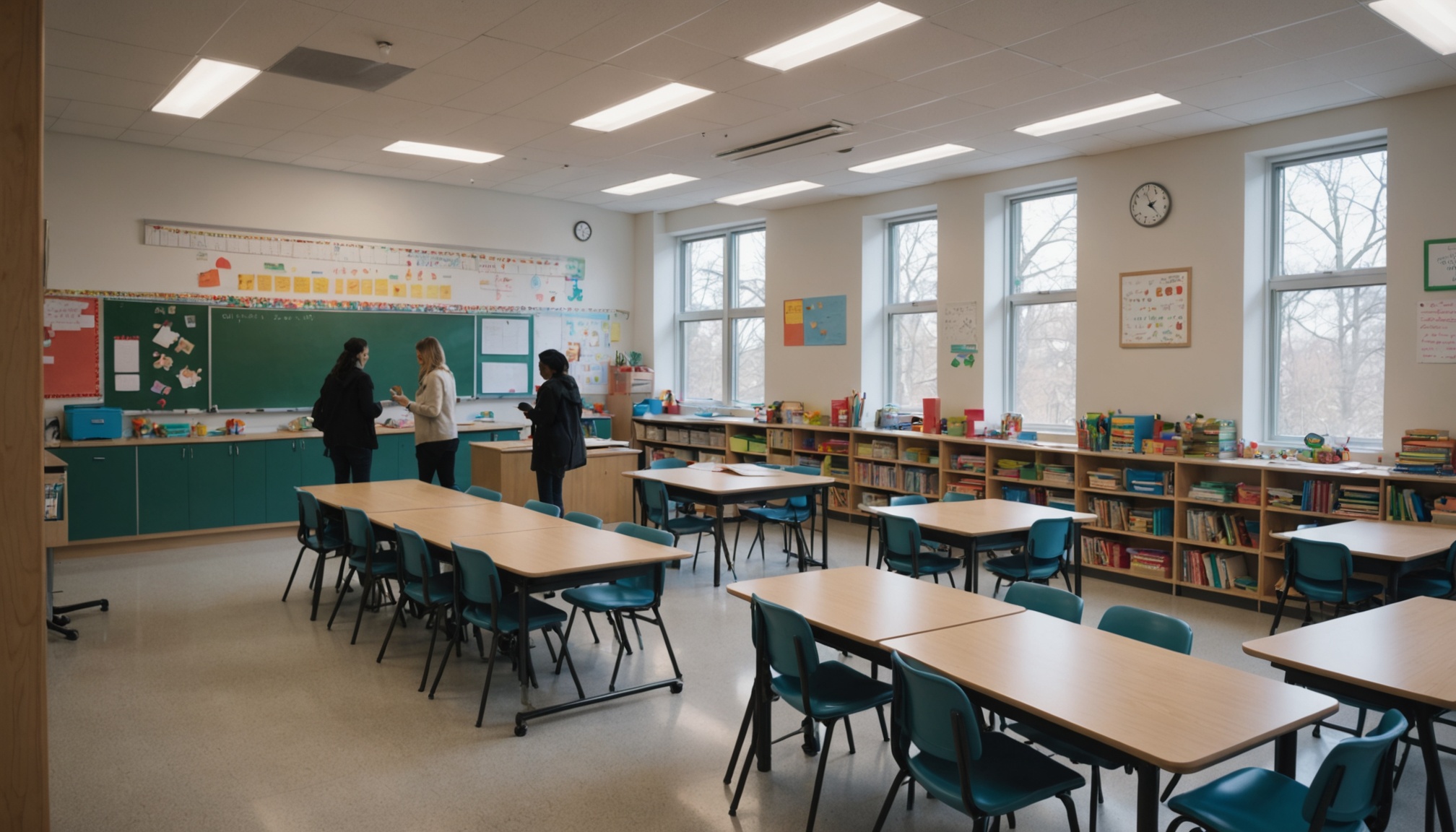Trauma-Informed Classrooms in Toronto: Current Best Practices
Creating a safe, empowering, and inclusive learning environment is crucial for all students—but especially for those impacted by trauma. In Toronto, educators and mental health professionals are working together to integrate trauma-informed classroom practices, shaping spaces where every student feels valued and supported. Whether you’re a teacher, parent, or student in North York or across the GTA, understanding these approaches can make a profound difference.
What Is a Trauma-Informed Classroom?
Trauma-informed classrooms recognize that many students carry emotional scars that may impact their learning and behaviour. Rather than asking, “What’s wrong?” teachers are encouraged to ask, “What happened to this student?” This subtle but profound shift—recommended by CAMH—helps educators respond with empathy, patience, and practical support.
Core Elements of Trauma-Informed Practice in Toronto Schools
- Predictability & Consistency: Clear routines, visual schedules, and consistent classroom expectations provide a sense of safety and trust for students.
- Empowerment & Student Voice: Students are encouraged to make choices and take ownership of their learning. Empowerment reduces anxiety and fosters resilience.
- Culturally Responsive Teaching: Toronto classrooms reflect the city’s diversity. Trauma-informed educators respect cultural backgrounds, recognize individual strengths, and tailor approaches accordingly.
- Relationship Building: Strong, healthy teacher-student relationships are at the heart of trauma-informed practice. Staff receive ongoing training in active listening, non-judgmental responses, and self-regulation modeling.
Why Trauma-Informed Classrooms Matter in North York
In North York and across Toronto, many students face challenges beyond academics: immigration stressors, family loss, discrimination, and community violence. Trauma-informed practices are proven to help students regulate emotions, improve academic outcomes, and lower rates of absenteeism and behavioural challenges (Government of Canada).
Practical Tips for Trauma-Informed Teaching in 2025
- Use calm, neutral tones and clear language during instruction and when giving feedback.
- Integrate “brain breaks,” mindfulness, and movement into daily routines to support regulation.
- Offer flexible seating and “cool-down” spaces for overwhelmed students.
- Foster partnerships with school counsellors, psychologists, and local mental health clinics for extra support.
- Attend professional development in trauma-informed care (check local offerings in Toronto and North York).
Accessing Trauma-Informed Resources
Toronto educators and families can tap into trauma-informed training and mental wellness support through clinics like Dynamic Health Clinic’s Trauma-Informed Care services. Working together, we can build classrooms where every learner feels seen, supported, and empowered to thrive.
Book a Consultation or Get Involved
If you’re a parent, teacher, or school leader seeking to strengthen trauma-informed practices in your Toronto community, contact us for a trauma-informed assessment or book a professional development workshop. You’re not alone. Together, we’re making classrooms safer and brighter for every child.






